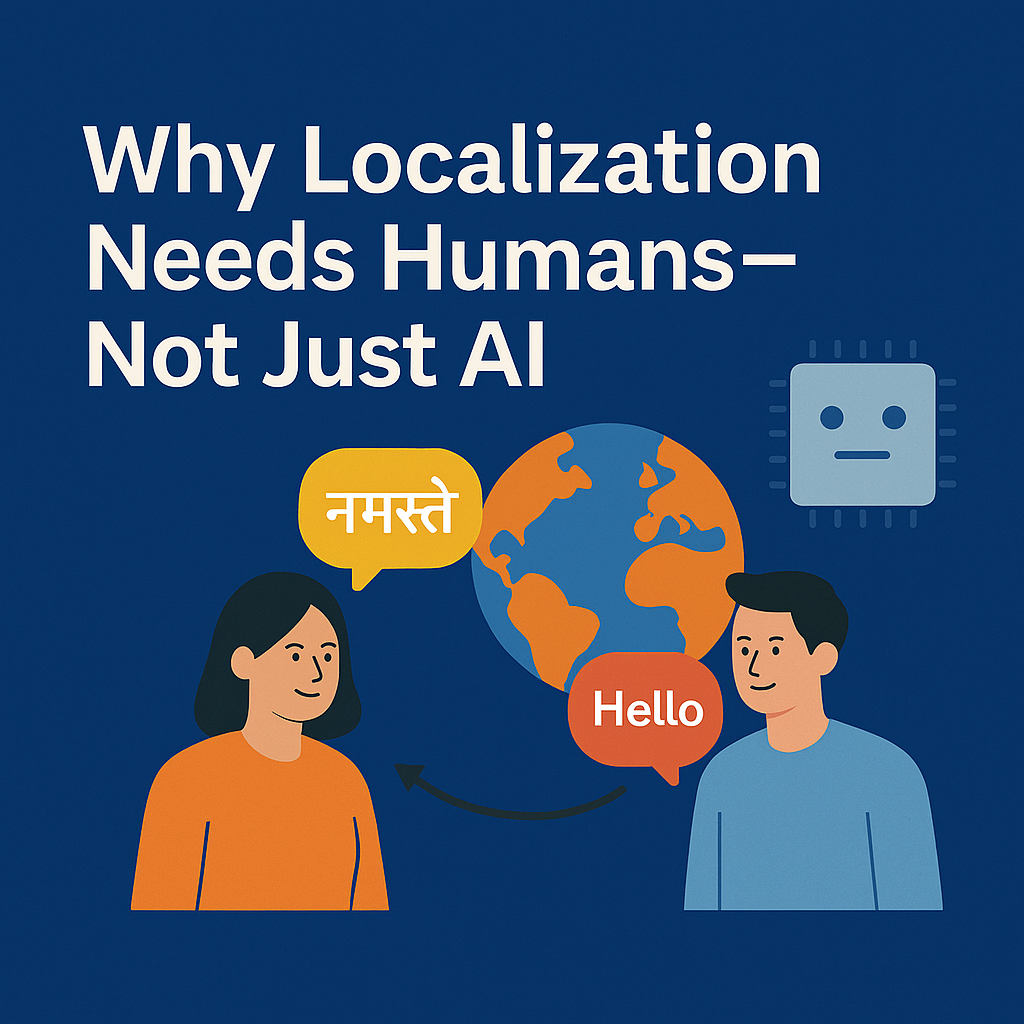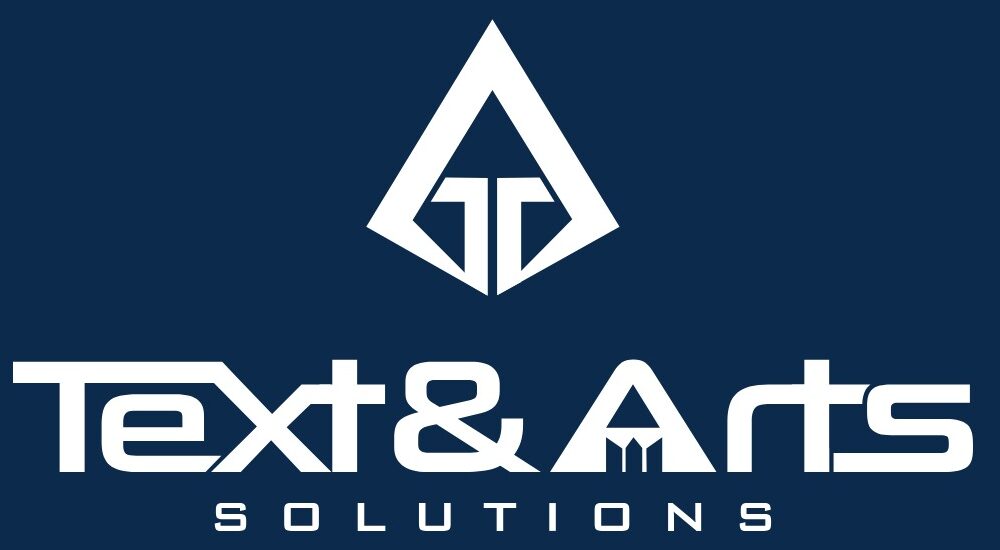AI-powered tools like Google Translate promise speed and convenience. But when it comes to accuracy, cultural nuance, and brand credibility, they often fail. For businesses expanding into new regions or targeting multilingual audiences, human-powered localization isn’t just better—it’s essential.
AI Translation: Fast but Flawed
AI can quickly translate words, but words without context create chaos. Non-Latin scripts like Hindi, Tamil, or Marathi pose unique challenges for AI. Why? Because these languages rely heavily on context, tone, and cultural meaning.
Real Examples of AI Translation Mistakes:
- Government Terms:
The English term “Umbrella Scheme” (used for holistic government programs that include multiple sub-schemes) is translated by Google as “छाता योजना” (literal: “umbrella plan”). While technically correct for “umbrella,” it’s culturally absurd.
✅ Correct Human Translation: “समावेशी योजना” (inclusive scheme) – conveys the actual intent. - Place Names:
Address: “Him Vihar”
Google translated it as “उसे विहार” because it understood “Him” as the pronoun “him” in English.
✅ Correct Human Translation: “हिम विहार” (keeping the original name intact).
These mistakes aren’t just funny—they can damage your credibility and user trust when used in official documents, websites, or campaigns.
Why Cultural & Emotional Context Matters
Translation isn’t about replacing words; it’s about preserving meaning and emotion.
- Idioms & Phrases: AI translates literally, ignoring cultural interpretation.
- Tone & Formality: A friendly tone in English can sound rude in Hindi if mishandled.
- Regional Sensitivity: Words related to religion or customs need careful handling.
Example:
- English: “Break a leg!”
- AI Hindi: “पैर तोड़ो!” (literal and offensive)
- Human Hindi: “शुभकामनाएँ!” (captures the intent—good luck).
Other Critical Factors in Professional Translation
✔ Accuracy in Legal & Technical Content – AI cannot ensure compliance.
✔ Consistency in Terminology – Businesses need uniformity across documents.
✔ SEO Localization – Keywords must be culturally adapted, not literally translated.
✔ Complex Formats – Websites, apps, games, and subtitles require manual review.
Our Expertise at Text & Arts Solutions
We’ve handled large-scale multilingual projects for businesses, NGOs, and educational institutions across India and beyond.
- Website & App Localization – Ensuring user-friendly experiences.
- Video Subtitling & Dubbing Scripts – For media and e-learning.
- Government & Legal Documents – Error-free, accurate, and contextually correct.
- Creative Campaigns & Marketing – Translations that sell, not just translate.
All major Indian languages with native linguists and subject experts.
QA process ensures accuracy, consistency, and cultural alignment.
Why Choose Humans Over AI for Localization?
| AI Translation | Text & Arts Solutions |
| Literal & awkward phrasing | Natural, context-rich language |
| Cultural blunders | Emotionally resonant, culturally safe |
| Misinterpretation of names & terms | Correct handling of proper nouns & idioms |
| No SEO | SEO-integrated multilingual content |
Final Thoughts
AI is a tool, not a solution. For businesses targeting India’s diverse linguistic landscape, human localization isn’t optional—it’s a necessity. At Text & Arts Solutions, we combine expert linguists, cultural insight, and quality assurance to deliver translations that connect, convert, and build trust.
📩 Need multilingual accuracy? Let’s localize your brand the right way. Contact us today!


